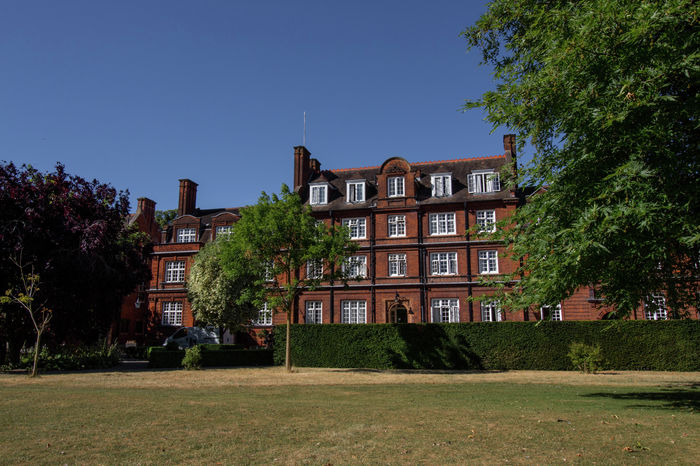Oxbridge access programme closes after thirteen years
OxFizz ran a year-long access programme helping students with their Oxford and Cambridge applications

OxFizz, an outreach programme working towards “fair access to top universities” for disadvantaged students, has closed due to a lack of funds resulting from the closure of its academic summer school this year because of the Covid-19 pandemic.
The organisation was founded by a group of students in 2007, including Bobby Seagull, who went on to achieve popularity on social media after leading Emmanuel College into the finals of University Challenge in 2017.
The initiative’s access programme supported pupils throughout the academic year, from choosing a subject to preparing for interviews and admissions assessments.
OxFizz operated on a cross-subsidy model, providing education services for a fee “where families and schools are fortunate enough to be able to pay”, which allowed students from disadvantaged backgrounds to access the same services free of charge.
Activities were delivered in partnership with several charities dedicated to widening participation in higher education, including Target Oxbridge and Villiers Park.
Since its foundation by a group of students in 2007, the programme has engaged over 500 graduates in volunteering, donated over £900,000 to education programmes and supported over 3,000 students with their university applications.
Despite the support given moving online this year, the programme has managed to increase the amount of support provided by its Access programme by 60%, strengthen the average amount of contact per young person by 67%, and assist 79% of its cohort in securing an Oxbridge interview.
However, the programme experienced a “significant decline” in income because of the cancellation of its summer school this year due to the pandemic.
As a result, OxFizz announced a “windup” of its activities last Friday (18/12).
An online statement from OxFizz read: “The loss of OxFizz creates a significant gap in the social purpose sector. Our model of volunteer-generated earned income, delivered in partnership with 14 organisations and schools, fills a gap for high quality Oxbridge application support for socio-economically disadvantaged pupils. A gap that will need filling now that we are gone.”
The company’s board will now meet with stakeholders in January to discuss ways of “harnessing our unique assets into the future after the windup of our activities.”
 News / Cambridge academics sign open letter criticising research funding changes22 February 2026
News / Cambridge academics sign open letter criticising research funding changes22 February 2026 News / Supporters protest potential vet school closure22 February 2026
News / Supporters protest potential vet school closure22 February 2026 News / Student and union protesters hold ‘Trans Liberation Solidarity Rally’ 24 February 2026
News / Student and union protesters hold ‘Trans Liberation Solidarity Rally’ 24 February 2026 News / Union speakers condemn ‘hateful’ Katie Hopkins speech14 February 2026
News / Union speakers condemn ‘hateful’ Katie Hopkins speech14 February 2026 News / Hundreds of Cambridge academics demand vote on fate of vet course20 February 2026
News / Hundreds of Cambridge academics demand vote on fate of vet course20 February 2026










